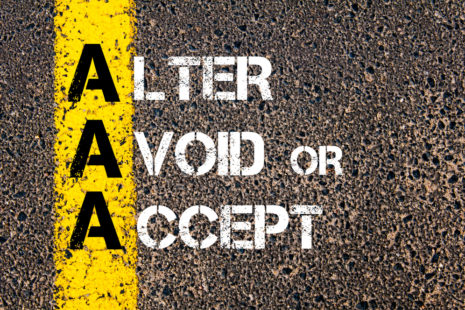A lack of emotional intelligence (EI) in one or more team members can significantly undermine teamwork and collaboration, affecting the overall performance and well-being of the group.
Here are several ways in which low EI can hurt teamwork…
1. Poor Communication
- Misunderstandings and Misinterpretations – Without the ability to effectively understand and convey emotions, communication can easily become misinterpreted, leading to confusion and conflict.
- Lack of Constructive Feedback – Individuals with low EI may struggle to provide feedback in a way that is constructive and helpful, potentially demotivating team members.
2. Reduced Trust and Cohesion
- Erosion of Trust – Emotional intelligence is key to building and maintaining trust within a team. A lack of empathy and understanding can lead to actions that erode trust among team members.
- Lack of Cohesion – Teams thrive on strong interpersonal relationships. Without the ability to connect emotionally, teams can struggle to develop the cohesion necessary for effective collaboration.
3. Ineffective Conflict Resolution
- Escalation of Conflicts – Low EI can result in poor conflict management, with minor disagreements escalating into serious disputes due to an inability to manage emotions or understand others’ perspectives.
- Avoidance of Necessary Conflict – Conversely, a fear of emotional confrontation might lead to the avoidance of necessary conflicts, preventing the resolution of underlying issues.
4. Diminished Morale and Engagement
- Negative Work Environment – A team member’s inability to manage their emotions can contribute to a negative atmosphere, affecting the morale of the entire team.
- Reduced Motivation and Engagement – Lack of recognition and appreciation, poor communication, and unresolved conflicts can demotivate team members, reducing their engagement and productivity.
5. Impaired Decision Making
- Bias and Impulsivity – Emotional intelligence helps individuals navigate their emotions to make reasoned, objective decisions. Without it, decisions may be more impulsive or biased by unmanaged emotions.
- Lack of Buy-in – Effective decision-making within teams often requires buy-in from all members. A lack of EI can hinder the process of reaching consensus, as individuals may struggle to express their views or consider others’ perspectives.
6. Hindered Leadership and Influence
- Ineffective Leadership – Leaders with low EI may struggle to inspire, motivate, and guide their teams effectively. Their actions may inadvertently contribute to disunity and disengagement.
- Reduced Influence – Emotional intelligence is key to persuading and influencing others. A lack of EI can diminish an individual’s ability to impact team decisions and direction positively.
7. Stifled Innovation and Creativity
- Fear of Taking Risks – In an environment where emotions are poorly managed, team members may be less likely to take risks or propose innovative ideas for fear of criticism or conflict.
- Lack of Diverse Perspectives – EI fosters an inclusive environment where diverse perspectives are valued. Without it, teams may miss out on creative solutions that arise from understanding and integrating different viewpoints.
Improving emotional intelligence within a team involves fostering self-awareness, developing empathy, improving communication skills, and learning to manage emotions constructively. Training and workshops, along with regular practice and feedback, can help team members develop these crucial skills, leading to more effective teamwork and better outcomes.







